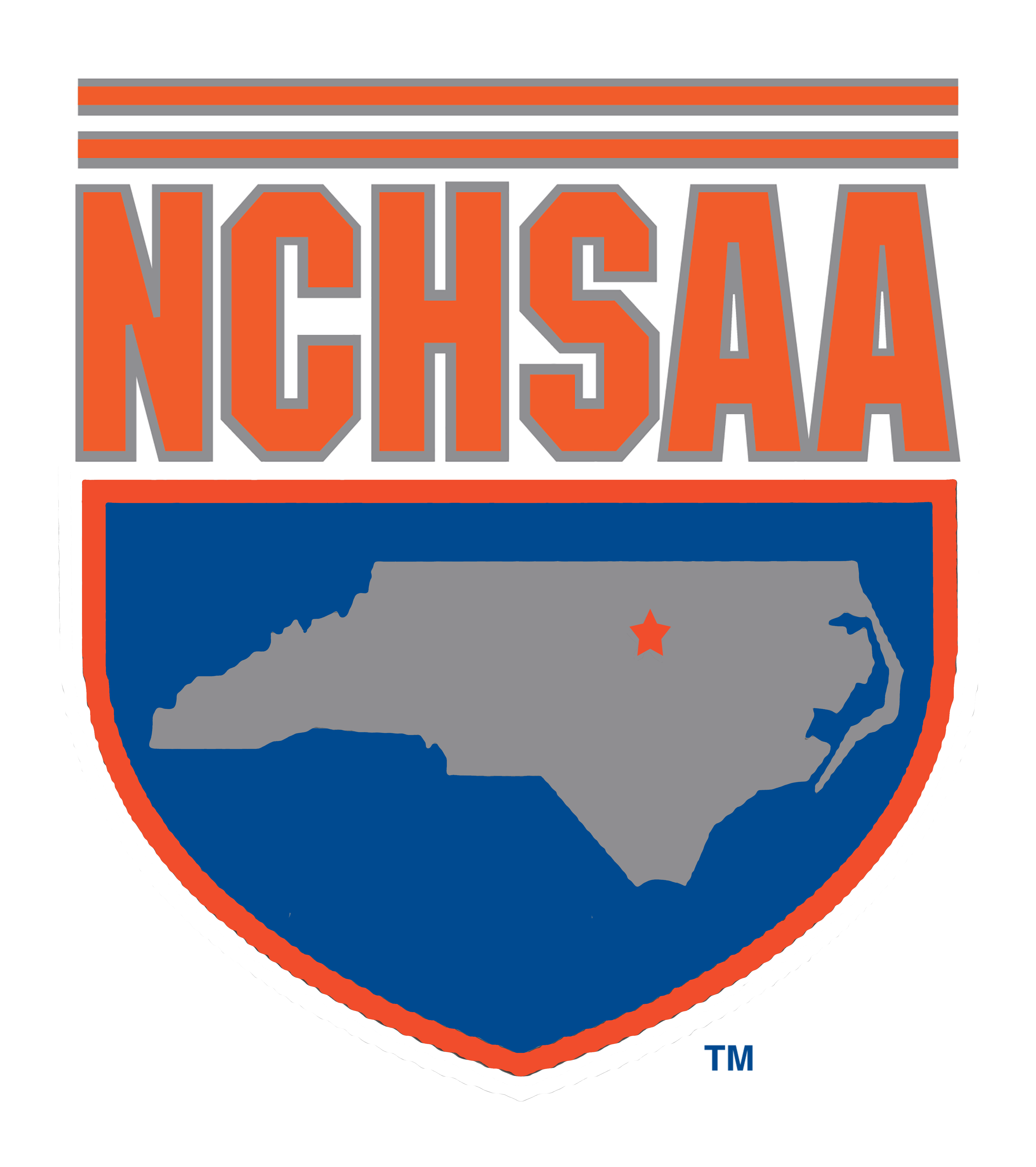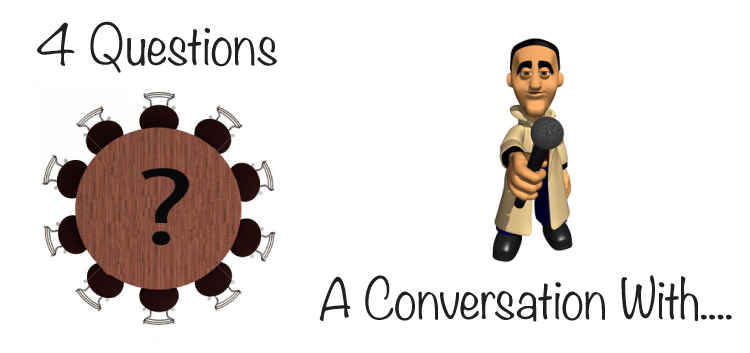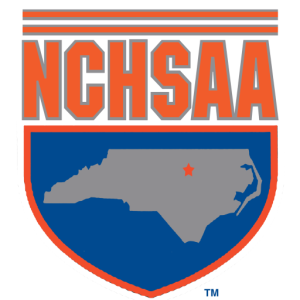4 QUESTIONS: A CONVERSATION WITH… TIM STEVENS
Tim Stevens has had a stellar career as one of the outstanding high school sports writers in the state. A graduate of Garner High School and North Carolina Wesleyan, Stevens has written either for the Raleigh Times and then the Raleigh News and Observer since 1973 and has won a number of awards for his coverage. He is a member of both the National High School Hall of Fame and the North Carolina High School Athletic Association Hall of Fame.
What are the biggest changes you’ve seen in high school athletics during your career?
The biggest two changes are integration and the inclusion of girls in high school athletics. Those additions fundamentally changed high school athletics in the state. They were societal changes, like most of the major changes in high school athletics. The increase in the availability of college scholarships as resulted in the growth in specialization and non-educational sports teams. So is the loss of community in many schools. One of the best changes is high school sports' emphasis on student achievement.
What is one of the most memorable games you’ve ever covered?
The most memorable game is impossible. I am much more oriented on the participants than the games. I remember watching a lot of great players and meeting wonderful people, that sort of thing. Games, I'm not so good at remembering games. Competition is important at the moment, but the people have always been more interesting.
Who are some of the greatest athletes you’ve seen play in person during your time as a journalist?
Phil Ford, Buck Williams, Chris Paul, Brien Taylor, Josh Hamilton, Anthony Barbour, Willie Burden, Carlester Crumpler. Weslye Saunders. There have been a lot. I remember the coaches much better.
Tell us a little bit about plays you have written–your interests go well beyond just athletics– and what it is like to see something you've put together actually produced on stage. How did you get started with that?
I started writing plays after thinking about how music and the performing arts impact us in ways that the printed word does not. I saw how much we cared about fictional characters. I wanted to use that medium to impact people's spiritual lives. I am a Christian and my plays are designed for people to realize that God loves them and wants to have a relationship with them. The plays and shows still impact me more than the people watching, I guess. I cry when I write them and often cry when I watch them. I guess I'm just a crybaby.



